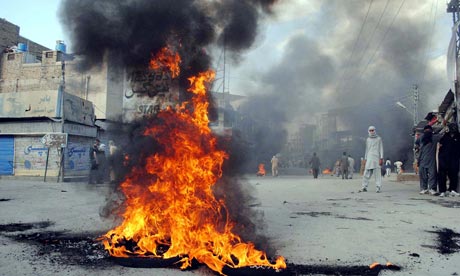
Pakistan: A nation defined by religion yet being torn apart by it
Pakistan was born a paradox. Its partition from India was considered necessary to ensure a homeland for the Muslims of the Indian subcontinent. However, its founder, Muhammad Ali Jinnah, always believed that Pakistan should be a secular state, tolerant of minorities; a homeland for Muslims but not an Islamic state. Unfortunately, he died shortly after partition and the dream of a secular and peaceful Pakistan was stillborn. 66 years after the establishment of the nation, the religious factor underpinning Pakistan’s creation and statehood has now become the principal source of its greatest national tragedy.
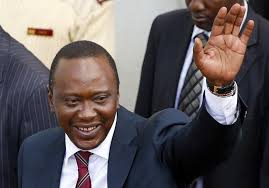
What President Uhuru Kenyatta’s victory means for Kenya in the next five years
Following one of the most tightly fought elections in Kenya to date, Uhuru Kenyatta was recently announced as the country’s new president.
The news came after the Independent Electoral and Boundaries Commission (IEBC) conducted an audit of its final tallies to ensure it could rebuff the criticisms – made by supporters of second-place-candidate Raila Odinga – that some provinces had counted more votes than there were registered voters. Odinga’s Coalition of Reforms and Democracy (CORD) will bring their complaints to the Kenyan Supreme Court but their protests are being outweighed by the ‘thumbs up to polls’ given by the EU mission and the approval given by the African Union and Commonwealth observer groups. The recent groundswell of opinion supports their verdict: Kenya has a new president, who has been freely and fairly elected.
What does Kenyatta’s victory mean for Kenya’s next five years? There are big changes on the way that will challenge and re-design the country as we have come to know it.
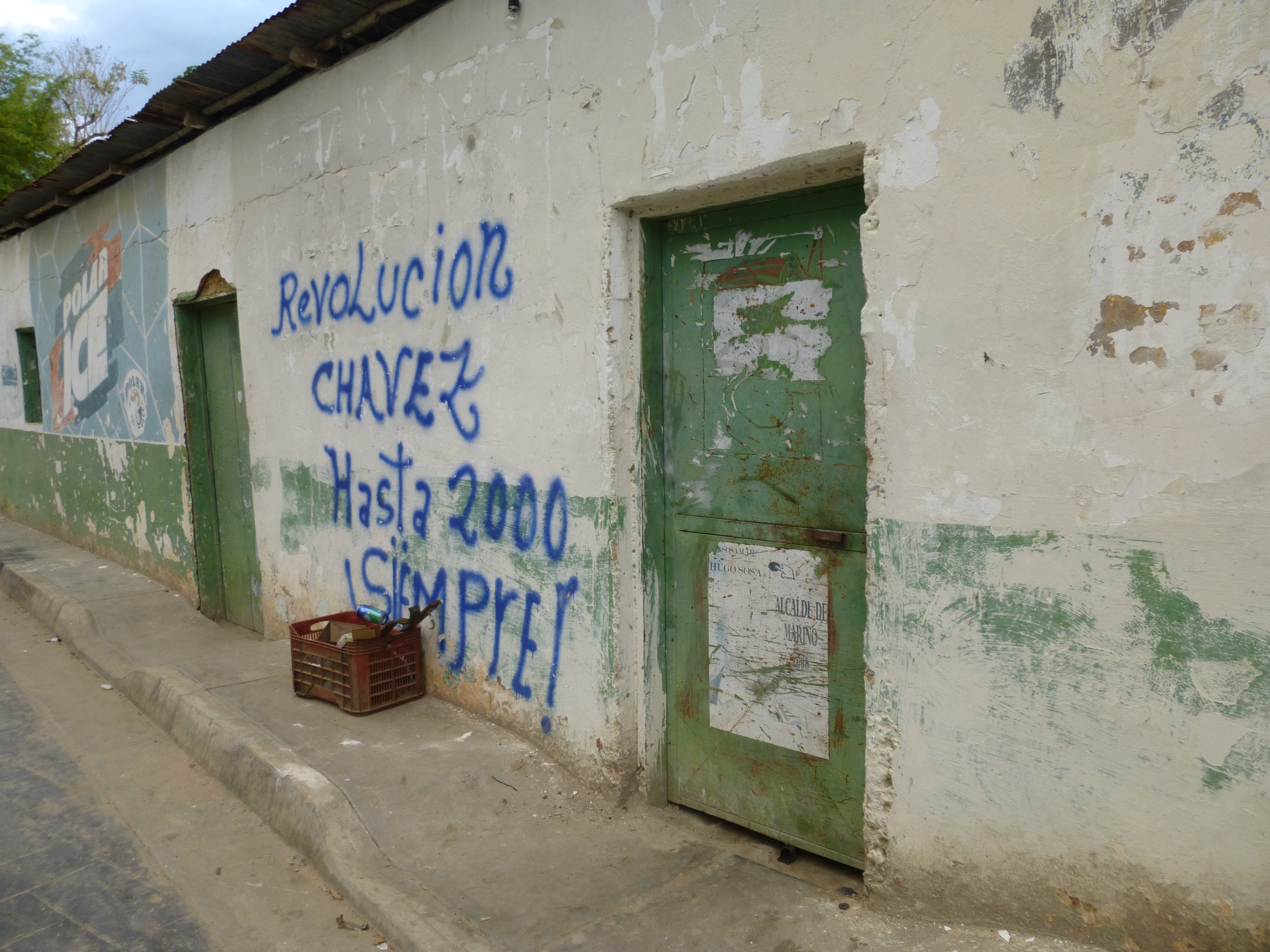
Security and the post-Chávez Bolivarian project: A Convenient Revolution for Free-riders?
With Venezuelan president Hugo Chávez’s death last week, the world has lost a flamboyant actor on the international stage. Yet the play seems to go on as usual. Radical change to Venezuela’s domestic and international politics is unlikely. Several polls indicate that interim president Nicolás Maduro will win the elections to be held on 14 April and his rhetoric suggests that he will continue Chávez’s policies. Even if Henrique Capriles, the opposition candidate, triumphs, he will not change policies overnight.
But while many have speculated about the implications for both advocates and opponents of Chávez’s Bolivarian Revolution, few have cared about those at the margins of it: the “free-riders” who do not necessarily endorse Chávez’s project, but for whom it has been a convenient platform to pursue their interests. This free-riding exists on the national, regional and international level and could provoke serious security threats for Venezuela and beyond if it continues to be ignored.

The Revolution Without Chávez: What are the likely scenarios?
The news of the death of Venezuela’s President, Hugo Chávez, has predictably received divergent responses from the international media. His passing was met with glee by opponents of Chávez – who claim that his presidency was characterised by personalism, economic mismanagement and autocratic leanings – and met with dismay by supporters of the President and the Bolivarian Revolution – who see the potential for the undermining of his legacy, the vast improvements in social indicators, the attempts to socialise the economy and the recovery of a left-wing alternative after thirty years of neoliberalism.
This polarisation of the international media reflects the political polarisation within Venezuela. While sections of the opposition partied in Miami, Chávez’s supporters filled plazas throughout Venezuela on Tuesday night and on Wednesday, thousands marched with the coffin on its journey to lie in state in the Military Academy.
What unites both points of view, though, is an appreciation of the pivotal role of President Chávez in leading the transformation of Venezuela since 1999. The most fundamental question, therefore, has to be whether the Bolivarian Revolution can survive without this key figure.
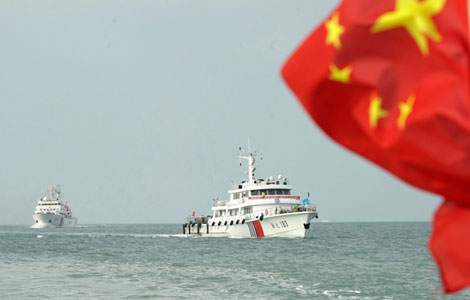
The outlook for continuing stability in the South China Sea
East Asia’s rapid economic and military development has captured global attention. Analysis of news coverage demonstrates that regional economies and tensions have been growing in tandem. The South China Sea has historically been of particular interest because of the number of conflicting claims on the islands and sea-lanes it encompasses. Of note, these conflicts have never escalated to a full-scale regional war. Direct extrapolation suggests that previous restraint in military interactions implies the nations involved do not consider the potential benefits sufficient to justify an upset to the balance of power. However, contemporary changes in economic and security conditions complicate the issue.
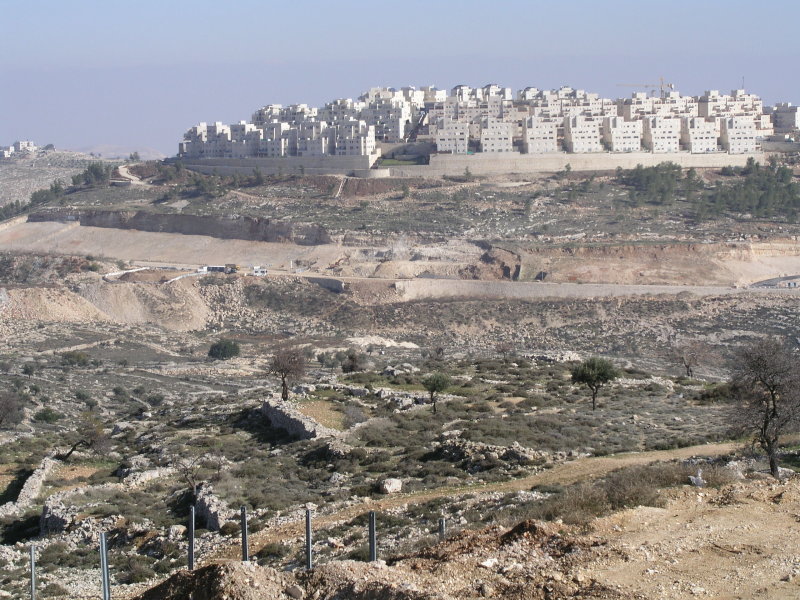
Defending the Indefensible: An interview with Dani Dayan, outgoing head of the Judea Samaria and Gaza Council
Last Friday, the Oxford Union hosted the first in a series of talks entitled “Head to Head” organised by and filmed for Al Jazeera. In this first talk, Al Jazeera’s Mehdi Hassan interviewed the outgoing head of the Yesha Council, Dani Dayan on the subject of Israeli settlements and the prospect for peace between Israel and Palestine. The Yesha Council is an umbrella organization of municipal councils of Jewish settlements in the West Bank and constitutes a formidable force within Israeli politics, pressing mainly for continuity of the settlement program. The talk presented a unique opportunity to question a leading defender of what many regard as one of the most flagrant and persistent breaches of international law by a democratic state today.
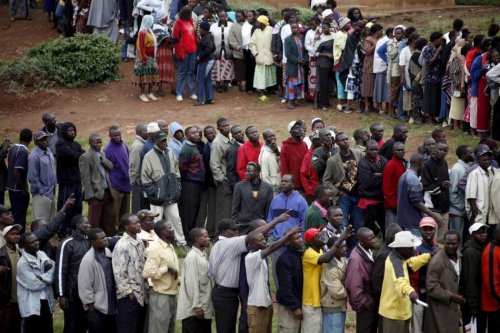
Kenya: To the elections, and beyond (part two)
Two sides have formed in the run-up to Kenya’s March election. The first, under the Jubilee Alliance, is an alliance between presidential candidate Uhuru Kenyatta and his running-mate William Ruto, two experienced political leaders who are also suspects to the International Criminal Court (ICC) for crimes against humanity conducted in Kenya’s previous election period. The second main side vying for election is a partnership between presidential hopeful Raila Odinga and his running-mate Kalonzo Musyoka, under the CORD Alliance (Coalition for Reforms and Democracy). This clash of titans has three possible outcomes
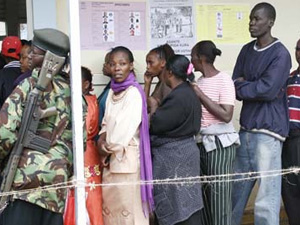
Kenya: To the election, and beyond (part one)
The single most important event to influence Kenya’s political landscape over the next five years will be the general election to be held on 4 March 2013. Most importantly, the election will mark the stepping down of Kibaki, who has reached the end of his two term limit and not shown any unwillingness to relinquish power. In accordance with the new constitution, a presidential candidate must receive a solid majority of votes if he or she is to win office in the first round. Otherwise, voting enters a second round where the two most popular candidates face a run-off at the polls.









